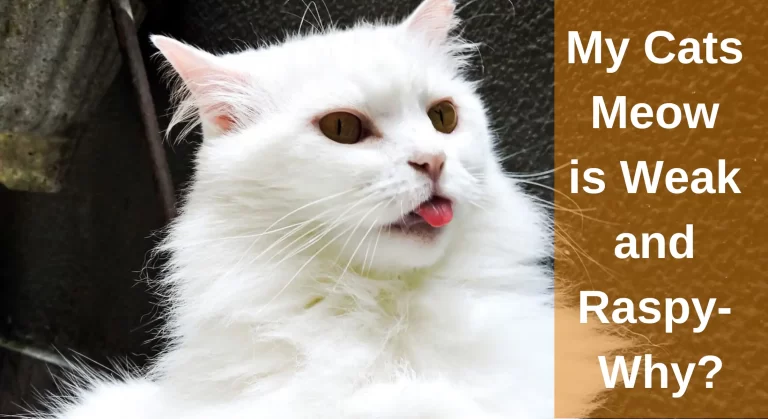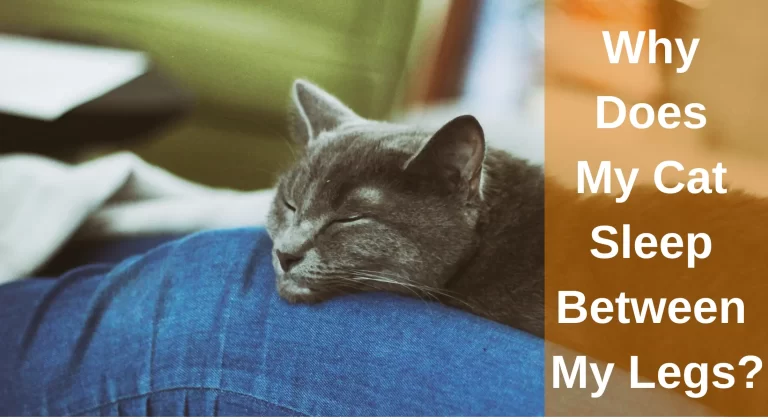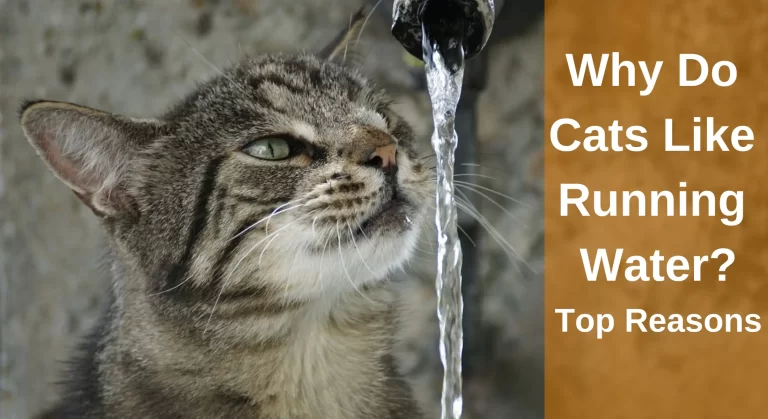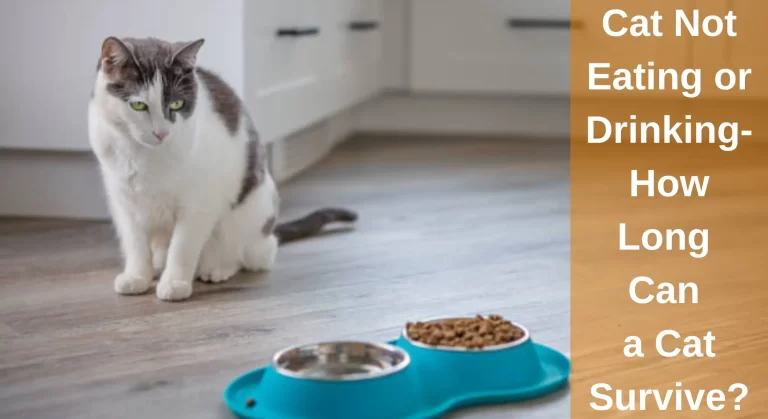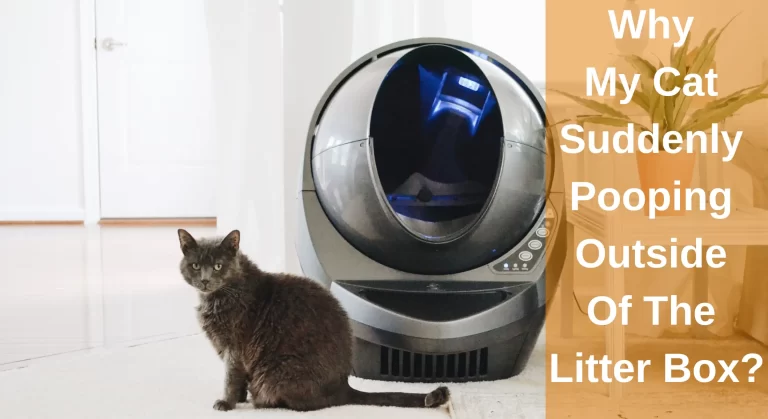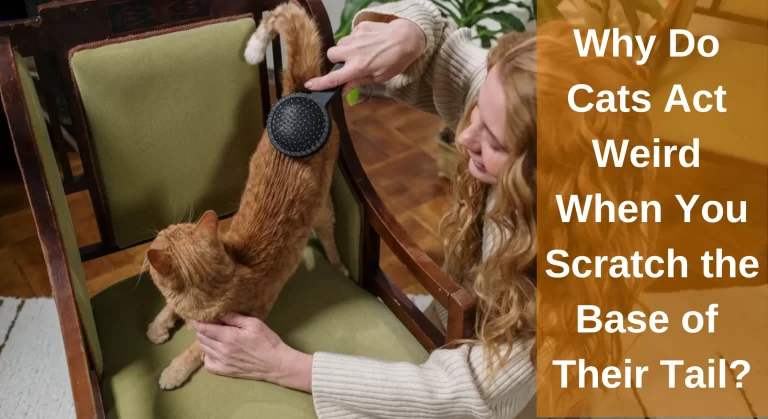Why Do Cats Phantom Spray? (Fake Spraying)
Feline’s phantom spraying
Cats use pee spray to mark their territory and get female attention. When they weren’t taught how to spray by their moms or other cats when they were kittens, they pretended to spray. Kittens will phantom spray if their mother doesn’t educate them on how to use urine spray. Both neutered and unneutered cats either male or female, commonly display this behaviour.
Phantom spraying is the term for when a cat exhibits all the behaviours associated with spraying but doesn’t pee. One of a cat’s distinctive behaviours is spraying. When facing a towering object, such as a wall or tree trunk, the cat will stand with its back to it. It will spread its tail, which will seem to quake or shudder.
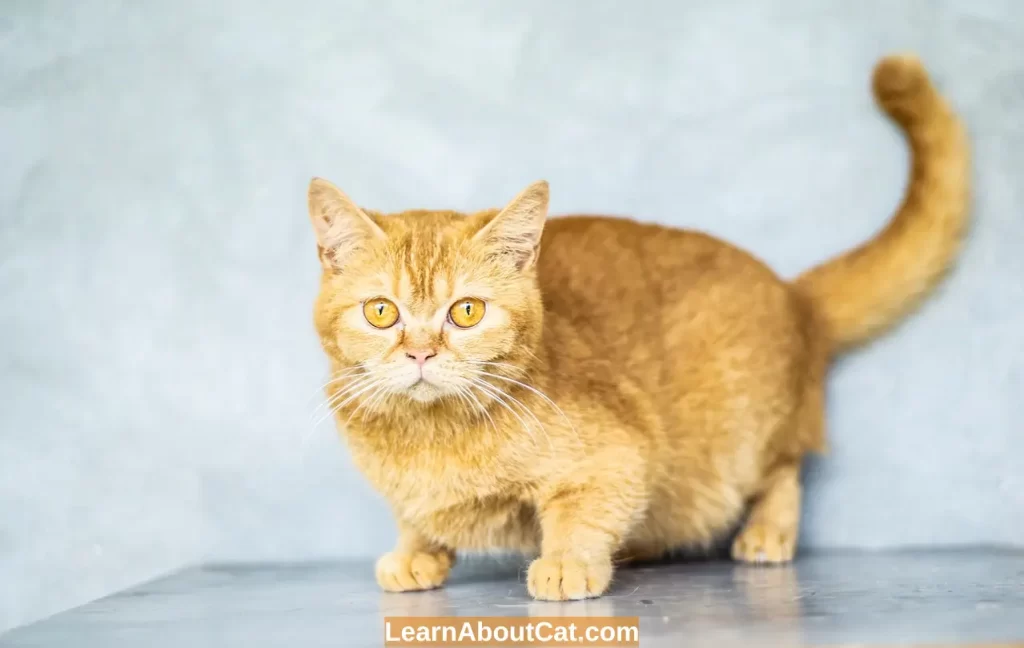
Reasons Why Do Cats Phantom Spray
Cats spray, releasing pheromone-rich urine into the air to mark their territory. These pheromones can be recognised by other cats as a sign that this is your cat’s territory. Cats, therefore, spray instinctively rather than out of irritability or to act out. Here are reasons why your feline buddy is phantom spraying.
1. Your Cat is Anxious
Tragically, tail communication is challenging. A quivering tail may indicate happiness and pleasure, but it may also indicate tension and concern. A cat in sorrow will frequently only shake the tip of its tail, but it can sometimes shake its entire tail to create phantom spray.
Cats may detect changes that humans are entirely unaware of since they are more sensitive to scent and sound than humans. Cats may become stressed out in the following circumstances:
- Changes to their eating or mealtime routine.
- Loud noises, such as those produced by fireworks, a vacuum, or a party.
- Unexpected and strange odours are caused by a new inhabitant or animal.
- Getting in a car or seeing a veterinarian.
- Utilising a different kind of kitty litter or having a filthy litter box.
Do any of the aforementioned situations, or others like them, apply? If so, your cat is most likely experiencing anxiety.
2. Your Cat is Contented
Most likely, your cat is enthusiastic and is shaking its tail rather than spraying. When cats are upset, their tails usually shiver and shake. Cats often only wag their tails in response to things that thrill them, like:
- Observing animals such as mice, birds, or other outdoor prey.
- Just prior to feeding time.
- When you or other family members return from work.
- First time seeing you in the morning.
3. Spraying was Never Taught to Cat
No kitten is ever trained to mark with its poop. Cats do naturally desire to mark their territory, but they do not acquire this skill until they are kittens. Mother cats, other cats in the house, or even cats living next door can teach a cat undesirable behaviours like spraying.
Most likely, because their mother doesn’t do it properly, your cat doesn’t know how to spray. The kittens would have noticed and caught up with the habit if the female cat had been spraying her head. As a result, it’s possible that your cat is unaware of the need to urinate. Instead, they just developed the habit of twitching their tails on their own.
Why Does My Aat Act as if it’s Spraying Me?
Cats don’t typically spray people or other cats. Cats frequently spray at snout height on a vertical surface. Making it easier for other cats to find and smell it, helps the spray’s intended effect. If spraying other cats or people doesn’t seem to accomplish this purpose, why do cats do it?
You are the Vertical Surface
Because you are much taller than your cat, it’s possible that your height is to blame for their natural spraying response.
Cats will lick trees, buildings, and lampposts. Since the surface is irrelevant, they act without giving it any attention. The cat’s ability to spray where other cats may sniff at nose height is the only thing that matters.
Cats Will Spray on other Cats When they Fight
Rarely, one of the cats may spray on the other cat when they are fighting. It almost appears as though the dominant cat is marking the other cat as its domain.
This behaviour is remarkable, though not extraordinary. It is uncommon for your cat to bite your leg unless you really stress it out or make it feel uncomfortable. Although it’s a very unlikely habit, it can happen rarely.
Female Cat Spraying while Acting Fake
Both male and female cats have been known to spray. Female cats also generate
oestrogen in addition to testosterone, just like males do. Although testosterone levels in
female cats are lower than those in male cats, it is still there.
Any species’ females who have an excess of testosterone may display traits that are
common in males. As a result, if your female cat constantly displays signs of spraying,
she may have an excess of testosterone.
Additionally, in order for female cats to live comfortably and hunt in the wild, they need
to spray and mark their territory. Female cats who are in heat are more prone to spray,
much like male cats do, which helps them find a partner.
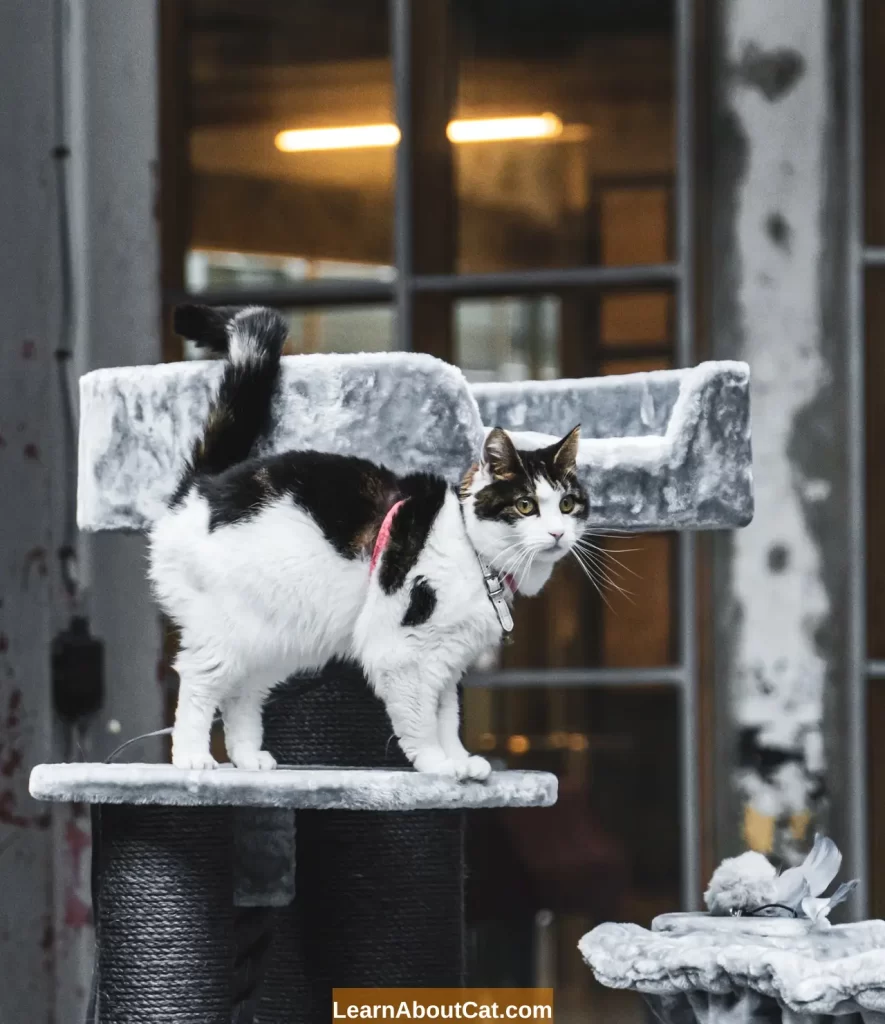
Felines Show their Love by Spraying their Tails
Even if your cat isn’t spraying, she can be wagging her tail oddly. Do not panic; your cat is completely healthy and not broken. She’s only trying to express to you how happy she is! A cat’s tail is very communicative since it is so movable. With their tails, cats can do a number of antics, such as lifting them up and down, sweeping them side to side, moving them quickly or slowly, wrapping them around us or another person, and trashing and twitching them. The way your cat retains or moves her tail is a message to you.
If her tail is up shaking and she doesn’t really spray but seems to be, that’s a good sign! It shows how happy and ready your cat is to see you. When you enter the house at the end of the day, when you get out of bed in the morning, or just because she is happy to see you, she gives you a very warm greeting.
Some Other Cat Tail Movements
Cat phantom spraying is one of the several tail movements that pet owners may observe. Cats may move their tails in a number of ways to express their emotions, just as a dog does when it’s joyful. Here is an overview of several other common tail positions and what they mean:
Cat’s Tail Twitching
They may simply twitch the final inch or so of their tails rather than shaking the full thing. This is usual during hunting and might be an indication of excitement. However, when there is no prey or toy nearby, cats’ tail movements often indicate irritation or dissatisfaction.
Tail Wrapping
In an attempt to greet their owners, cats frequently rub up against them and wrap their tails around their legs. Your cat will often welcome you in this way, which is considered to be friendly.
Erected Tail
Straight up in the air raised tails are a sign of confidence in cats. They are delighted and want to socialise. Cats maintain an erect tail position with a curled tip that resembles a hook or a question mark to show that they are happy and approachable.
Puffy Tail
Your cat may puff up its tail, making it appear much bigger than usual if it perceives danger or fright. Cats typically hiss while also arching their backs simultaneously. In order to prevent the cats from becoming violent, even against their owners, try to remove any pressures from their environment and leave them alone until they are calm.
Thump Tail
Cats thrash and beat their tails when they are laying down to express their dissatisfaction and displeasure. Arched ears, a twitching tail, and a watchful look all point to agitation. They might be trying to get your attention by remaining still, or they could be showing excitement or a desire to play.
Bottom Line on Why Do Cats Phantom Spray
Cats use their tails to communicate, and the trembling that results from either excitement or anxiety might be mistaken for the shaking that happens when spraying.
In other cases, it could be evident that your cat isn’t actually peeing even though it’s trying to spray. They undoubtedly try to mate or mark their territory in these circumstances, but they never mastered the art of urine marking. If your cat has recently undergone neutered, this fake spraying by it may simply be a learned behaviour.
Regardless of the reason, spraying is not desired for domestic cats. Cleaning continuously irritates owners and makes the space smell bad.
Who is Isabella?
My name is Isabella, and I am a dedicated and knowledgeable cat enthusiast. With years of experience caring for cats and a deep love for felines, I made a mission to help other cat lovers navigate the challenges of cat ownership.

